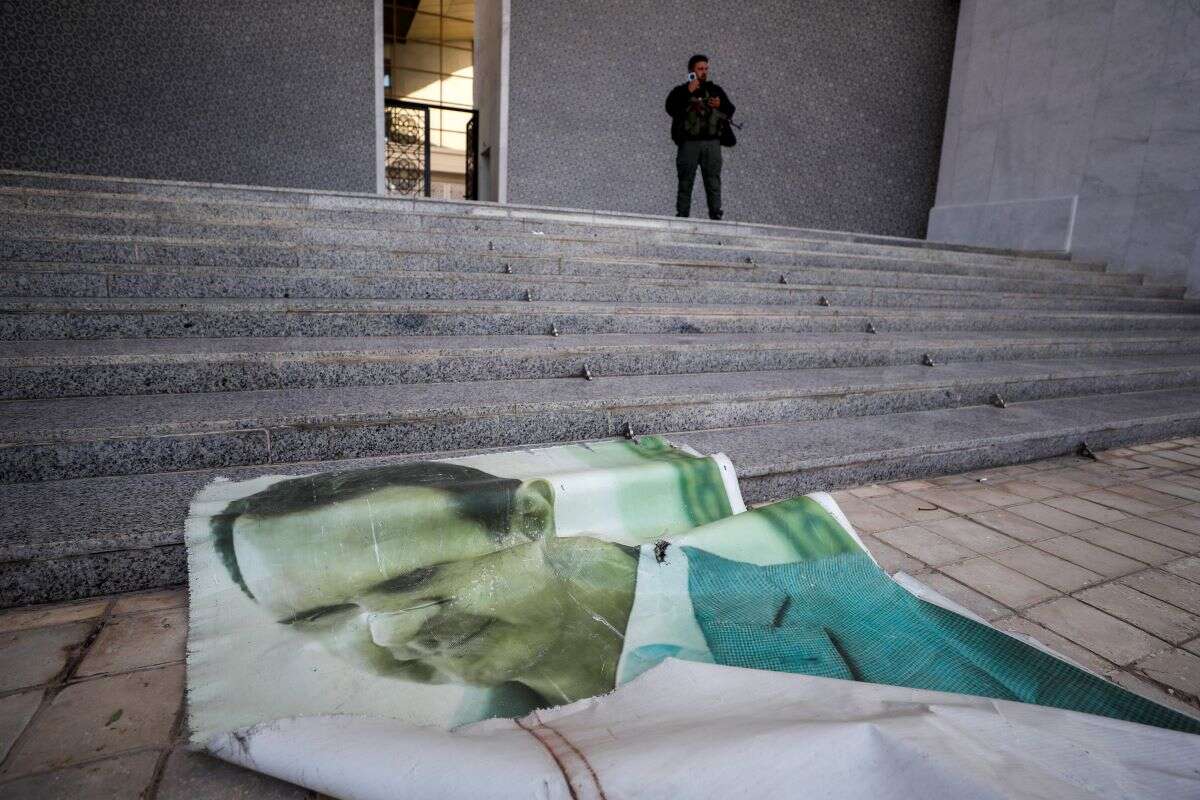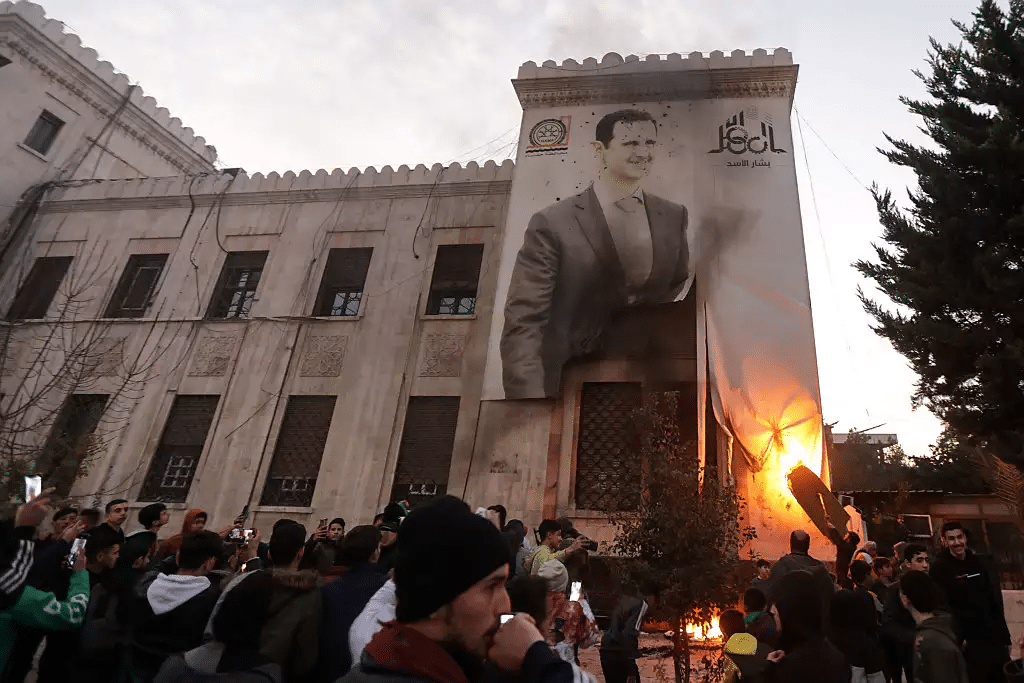As we witness the unfolding events in Syria, one stark lesson emerges from the rebels' surprise offensive – and it's one that should make us all pause and think. The strategic logic driving the Middle East operates, unlike anything we see in the West, functioning more like a complex ecosystem where the smallest change can trigger cascading effects throughout the region.

Consider this: Just as cattle populations in an ecosystem can affect climate patterns, a shift in one regional power dynamic reverberates across the entire Middle East. It's a far cry from the engineered precision of a modern railway system, where every movement is calculated and controlled. Instead, we're dealing with a delicate balance that can tip any moment.
Take what's happening now. The Sunni rebels' offensive against Assad's forces and Shiite militias in northern Syria didn't emerge in a vacuum. It's a direct response to the changing regional dynamics following Israel's military campaigns against Hezbollah in Lebanon and Hamas in Gaza. This is exactly how the Middle East's ecosystem works – one event triggers another in an endless chain of action and reaction.
Here's what many Western policymakers fail to grasp: In this region, periods of calm aren't seen as stepping stones to lasting peace but as temporary pauses – "hudnas" – in an ongoing cycle. While Western minds might hope these pauses will eventually solidify into permanent peace, they're missing a crucial point: You can't negotiate away deeply held religious aspirations.
Video: Toppling of Hafez Assad's statue in Latakia / Credit: Arab media
Look at Turkey's current ambitions, for instance. They're not just about modern geopolitics; they're deeply rooted in Ottoman history. Aleppo, with its historic connections to the Harran Valley cities, including my own hometown of Urfa, represents more than just a strategic location. It's a symbol of past glory that still resonates today. The region's history – from Napoleon's campaigns to the Egyptian-Ottoman wars of 1839-1841 – isn't just ancient history; it's a living blueprint for current ambitions.
I saw this mindset firsthand at the Iranian pavilion in a Shanghai exhibition, where a massive map of the ancient Persian Empire under Darius dominated the entrance. This wasn't mere decoration – it was a statement of aspiration, a dream waiting for its moment to become reality.

For American strategists still seeking to impose stable order in the region, perhaps it's time for a different metaphor: Think of the Middle East less like a chess board and more like a weather system, where hurricanes form and strike with a force beyond human control. Yes, conflicts can be temporarily contained, but even the most promising peace arrangements remain vulnerable to sudden, unpredictable shifts.
The tactical implications of recent events are equally sobering. The rebels' offensive, much like the October 7 attacks, demonstrates how modern warfare has evolved. Using everyday vehicles – motorcycles, jeeps, pickup trucks – mobile fighting units can launch devastating surprise attacks. It's a sobering reminder that even a supposedly demilitarized Palestinian state could quickly mobilize such civilian resources for military purposes.
For Israel, this should be a wake-up call. Imagine similar assault groups launching from Tulkarm and Qalqilya toward the coastal strip. While Israel may be watching Syria's current turmoil from the sidelines, we must acknowledge an uncomfortable truth: even the mighty IDF cannot guarantee absolute superiority in every scenario.
Originally published in Makor Rishon.




